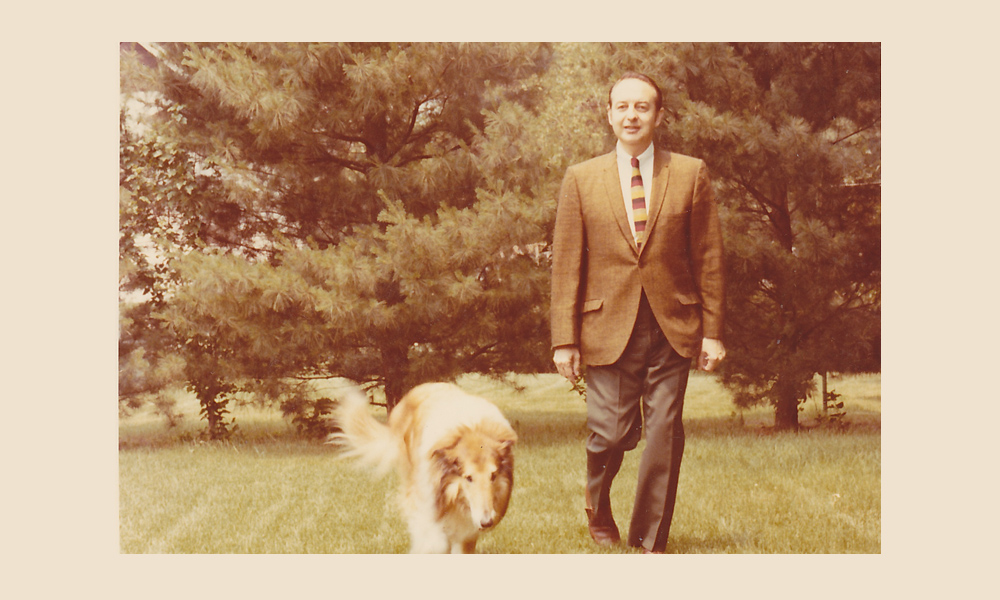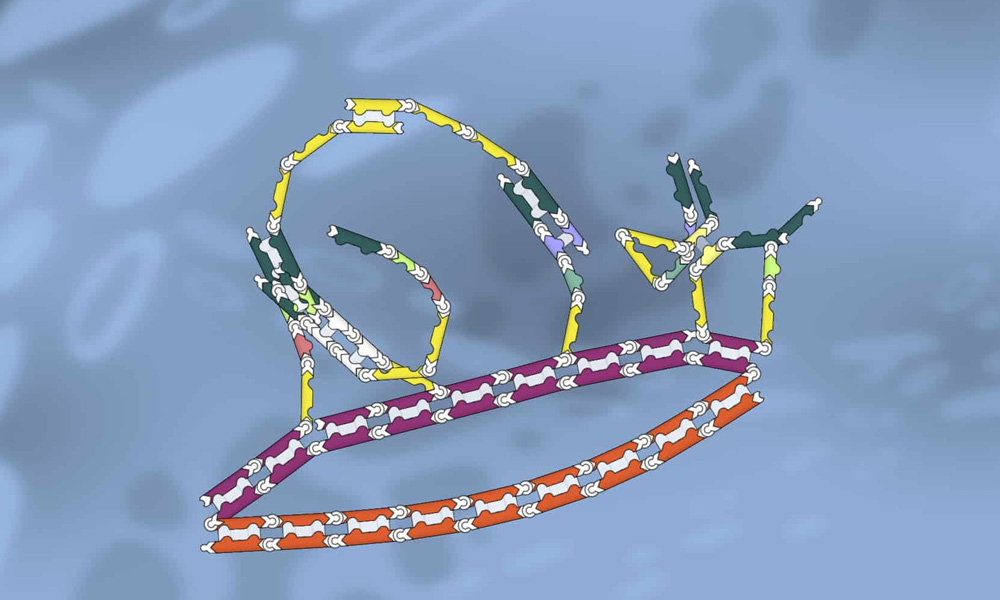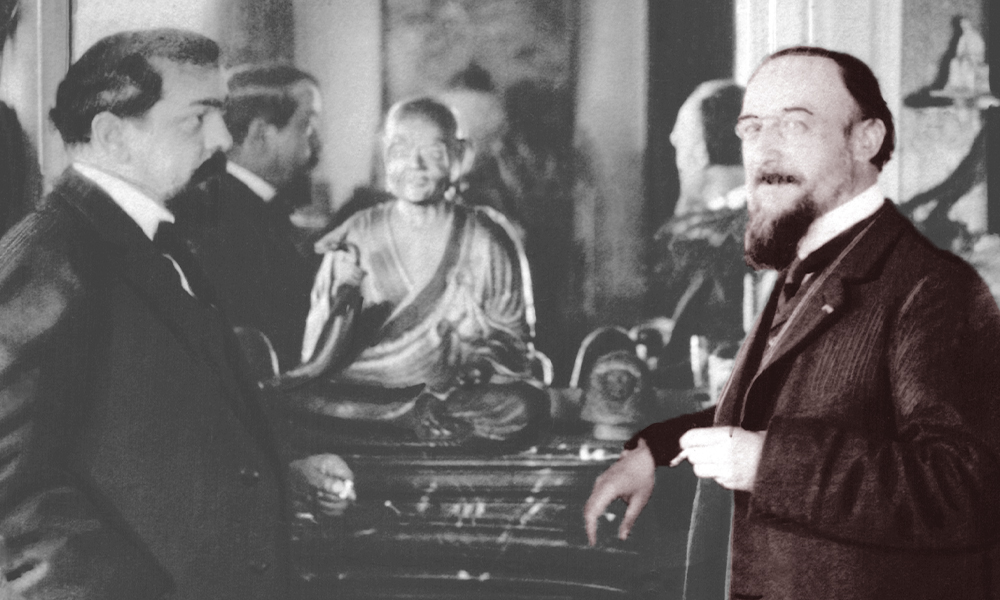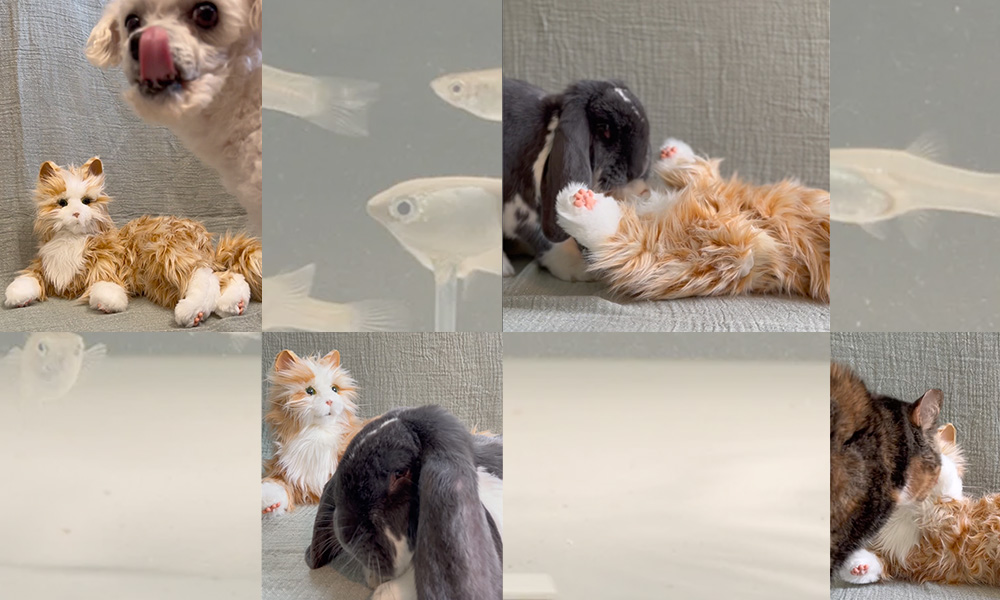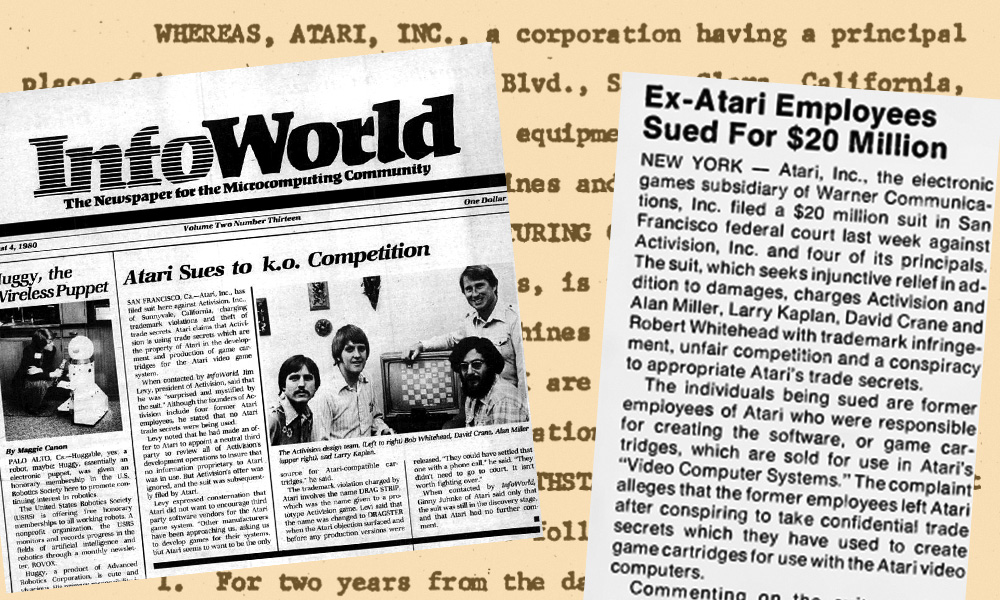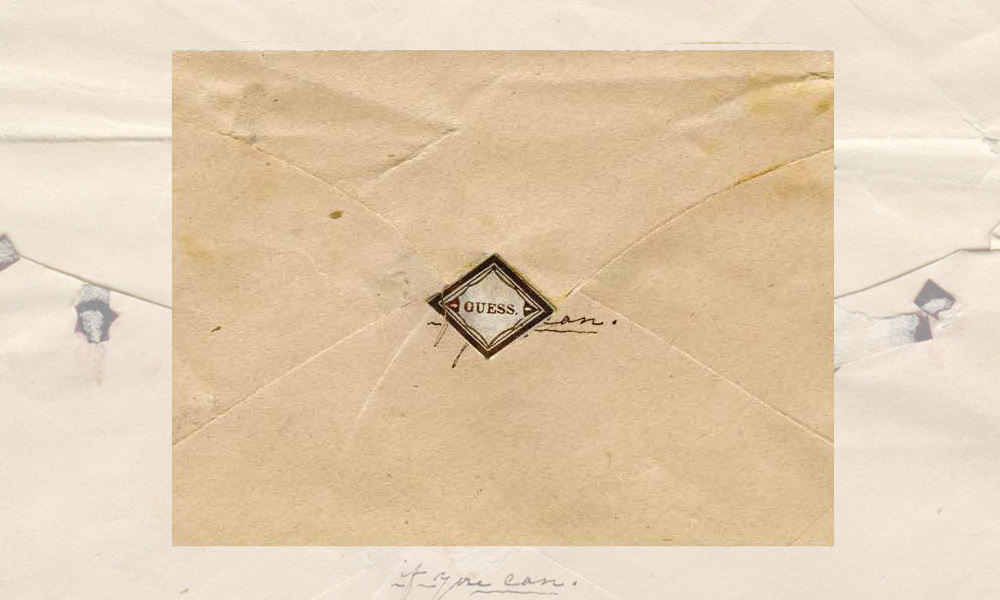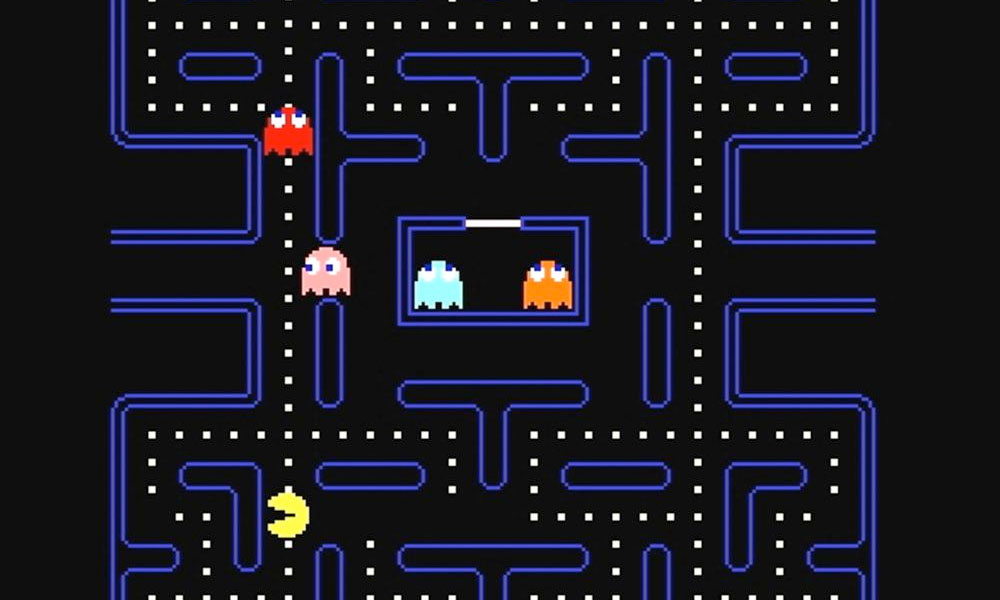Is Life a Form of Computation?

This article explores the deep connection between life and computation. Building on the early insights of Alan Turing and John von Neumann, who suggested that the logic of life and the logic of code might be one and the same, it examines von Neumann's self-replicating cellular automaton model. The article explains the nature of DNA as a program, comparing and contrasting biological and digital computation. Biological computation is massively parallel, decentralized, and noisy, while digital computation relies on centralized, sequential instruction execution. The article concludes by introducing neural cellular automata, which combine modern neural networks, Turing's morphogenesis, and von Neumann's cellular automata to simulate cellular behavior, showcasing how computation can produce lifelike behavior across scales.
Read more